Can Agriculture Save the Planet? Insights from COP28 and Beyond
December 8, 2023
This post is by the Food Systems Institute Director, Jack A Bobo As the world’s attention turns to the COP28 conference in Dubai, a pivotal event in the environmental calendar, the focus on sustainable food systems has never been more critical. The Emirates Declaration on Sustainable Agriculture, Resilient Food Systems, and Climate action, a ground …
How do we feed the world in the face of global population growth, changing demographics and climate change?
November 21, 2022
This post is written by Prof Andy Salter While the implications of, and solutions to, climate change, were discussed at COP27, two major global demographic landmarks were reached. The global population reached 8 billion and the population of India now matches that of China. These figures highlight the multifactorial challenges we face in ensuring adequate …
Improving the drought tolerance of pearl millet
November 14, 2022
Today at COP27 the focus of discussions is on water. Ensuring agricultural crops are resilient to drought, especially in the face of climate change is a huge undertaking but extremely important. Our researchers are investigating ways to make pearl millet more drought tolerant and ensure nutrient uptake. Pearl millet is a key crop that contributes significantly …
How should uncertainty in spatial information be communicated?
November 12, 2022
This post is written by Dr Christopher Chagumaira with contributions from Prof Murray Lark. Many and varied people have to make decisions about environmental management, be they farmers, policy-makers or managers, and spatial information about environmental variables (e.g., soil properties) is essential for this task. Within the Future Food Beacon, the GeoNutrition project is concerned …
Soils and decarbonisation: What future for agriculture?
November 11, 2022
It is decarbonization day at COP27 today. One of the ways to reduce carbon is capturing it in the soil. Soils are hugely important for our futures here on this planet. But how do soils capture carbon? And how can we develop agricultural practices that better support carbon sequestration in soils? In this post, Malcolm …
(Re)thinking a different future: sociological perspectives of climate change
November 12, 2021
It is time to employ some radical thinking on the future of our food systems, write Lexi Earl, Anne Touboulic and Lucy McCarthy The imperative to rethink our food systems to avoid further long-term damage to our climate has never been more pertinent. Yet much of the thinking on the future of food systems is …
Small Islands and Developing States, food systems and climate change
November 11, 2021
The food systems of Small Islands and Developing States are particularly susceptible to climate change. They therefore require different strategies and thinking on this challenge, argue Ee Von Goh, Chiew Foan Chin, Christina Vimala Supramaniam, Andrew Clarke, and Pau Loke Show. Small island developing states (SIDS) are disproportionately affected by climate change. SIDS are considered …
Improving farmer livelihoods through better cocoa bean fermentation
November 10, 2021
We can support small farmers by using science to understand cocoa bean fermentation, ensuring more consistent beans, and better incomes, write David Salt, David Gopaulchan, and Gabriel Castrillo Cocoa is a significant global commodity, generating income, export revenues, and employment for producing countries. Cocoa is grown across the equatorial belt, by some six million smallholder …

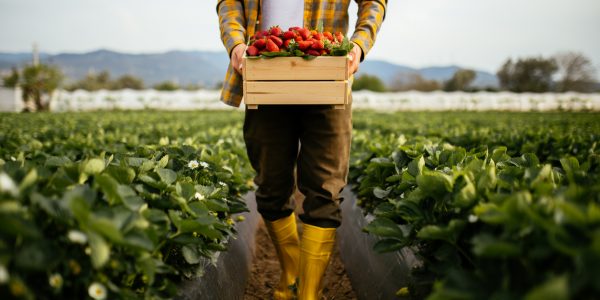

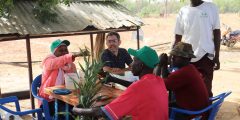
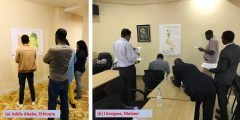
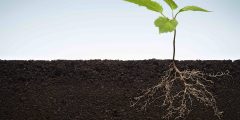
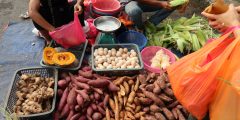
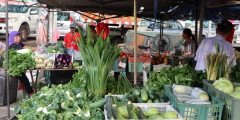
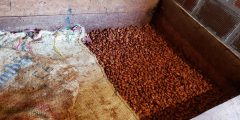
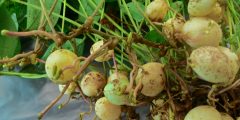

Recent Comments